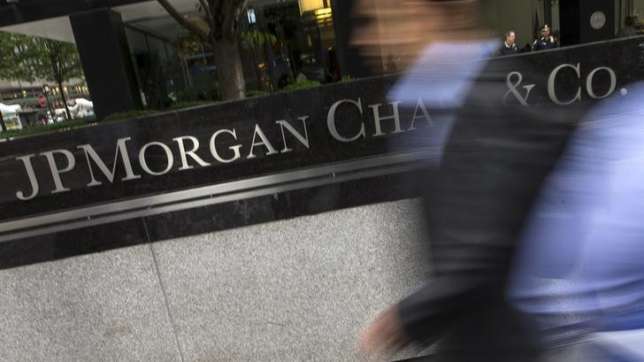JP Morgan on Wednesday removed half of Nigerian sovereign bonds from its Emerging Markets Global Bond Index (GBI-EM); while the remaining would follow next month.
The decision which was blamed on lack of liquidity and currency restriction means investment funds tracking the index would sell their Nigerian bond holdings, adding to upward pressure on national borrowing costs at a time when there is already a sharp drop in oil revenues.
The bank said the removal, part of its month-end index rebalancing, would cut Nigeria’s weight to 0.79 per cent, raising the weight of Brazil and South Africa by 0.80 per cent and 0.20 per cent respectively.
Responding to the decision by JP Morgan to delist Nigerian sovereign instruments, the Federal Ministry of Finance, Central Bank of Nigeria (CBN) and the Debt Management Office, had in a joint statement argued that they had worked to correct all lapses noted by the investors, such as putting in place a functional two-way FX market, which now exists in Nigeria.
The statement noted, however, that “given the high propensity for speculation, round tripping, and rent-seeking in the market, it became imperative that participants are not allowed to simply trade currencies but are only in the market to fulfil genuine customer demands to pay for eligible imports and other transactions.
In the light of this, we introduced an order-based, two-way FX market, which has resulted in the stability of the exchange rate in the interbank market over the past seven months and largely eliminated speculators from the market.”
The statement regretted that “despite these positive outcomes, the J. P. Morgan would prefer that we remove this rule; even though it is obvious that doing so would lead to an indeterminate depreciation of the Naira. With dwindling oil prices, we believe that an order-based two-way market best serves Nigeria’s interest at the moment.”
In 2012, Nigeria became the second African country after South Africa to be listed in the index with a weight of 1.8 per cent. The estimated yield for Nigeria bonds on the index was quoted at 14.83 per cent as of September 25, marking the second highest yield after Brazil at 15.75 per cent, the bank said.
JP Morgan said Nigeria would not be eligible for re-inclusion in the index for a minimum of 12 months.




 Premier League
Premier League